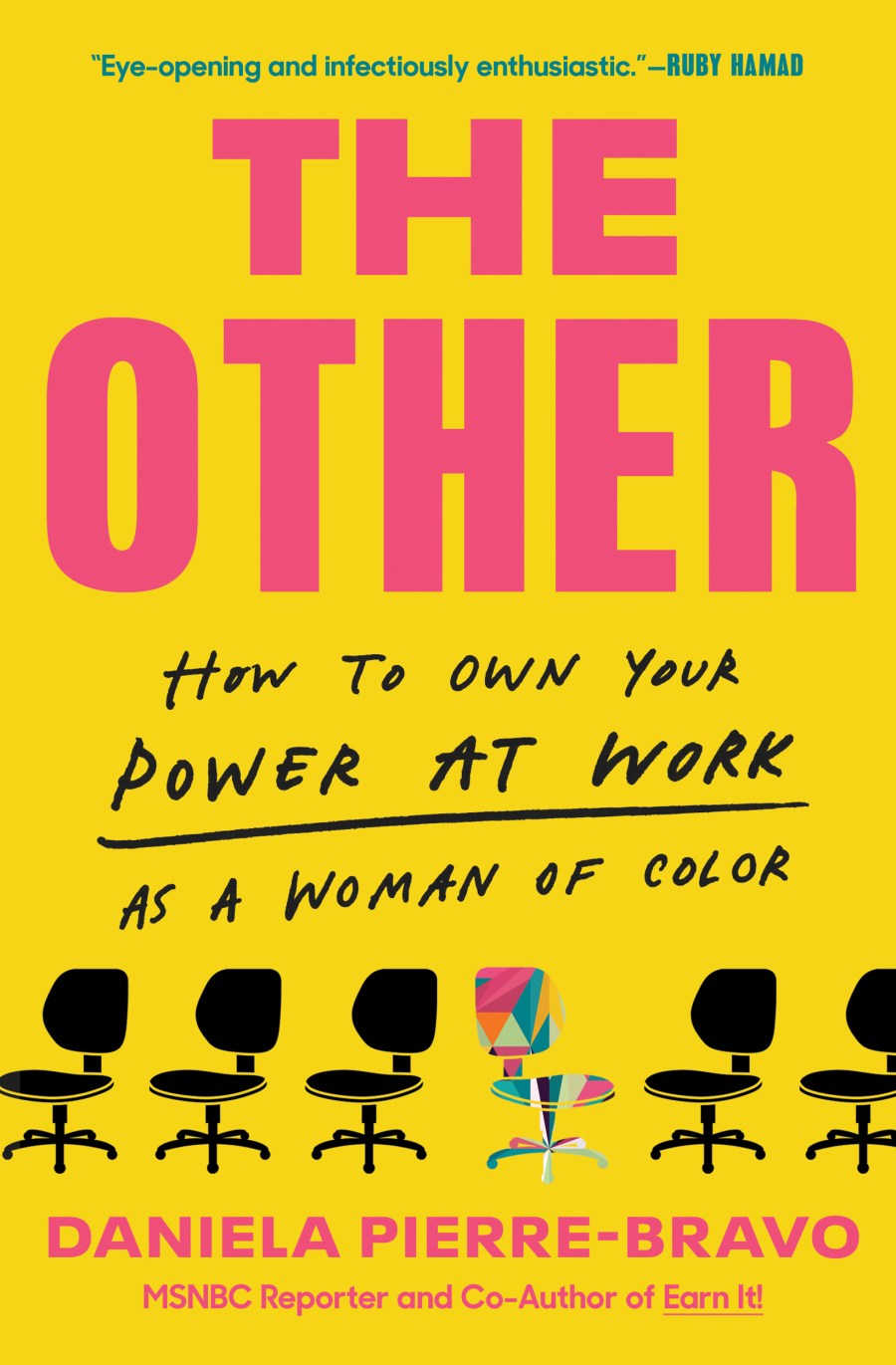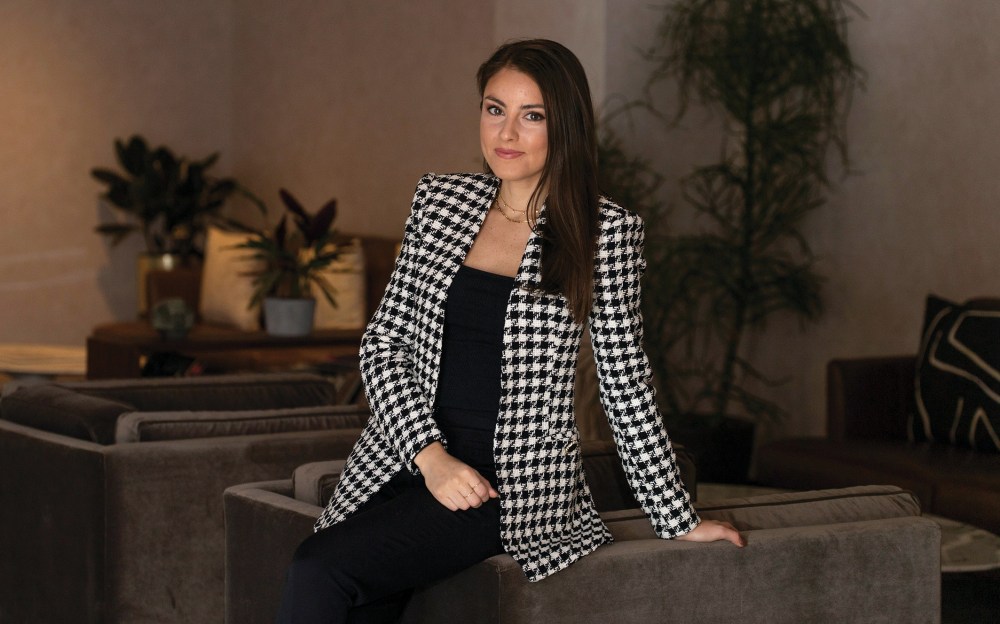By 2014, journalist Daniela Pierre-Bravo seemingly had what anyone might consider a promising career in broadcast news, working her way up from NBCUniversal’s prestigious Page program to quickly securing a full-time role on MSNBC’s flagship morning show, “Morning Joe.”

But despite her accomplishments, the media professional lived with a silent weight on her shoulders – one that she admitted was filled with fear, anxiety and sense that she didn’t belong. Pierre-Bravo grew up with undocumented status, immigrating to the U.S. from her native Chile when she was 11 years old. The experience of hiding her culture and identity as a teen followed her well into adulthood, where she said she lived under a “multitude of implicit rules to safely stay in the shadows.”
And while she eventually became a DACA recipient (Deferred Action for Childhood Arrivals), the young reporter – intent on being a “model minority” – continued to struggle with these traumas, adding that she constantly felt the need to prove herself at work while living with the uncertainty that her protected status could change at any moment.

But as Pierre-Bravo’s confidence and trust in her capabilities grew – including her role as an on-air reporter for the show – so did her resolve to take back her own narrative, embrace her cultural duality as a competitive advantage and create a playbook for her own vision of success.

That’s the basis for her second book out this week, “The Other: How to Own Your Power at Work as a Woman of Color.” Part memoir, part guidebook for women of color, immigrants and children of immigrants, Pierre-Bravo shared some of her top lessons with Know Your Value, including how to help others emerge from the margins, advocate for themselves, ask for more, take up space and redefine their own path.
Know Your Value: Following the success of the 2019 book you co-authored with Know Your Value founder Mika Brzezinski, “Earn It!” – what prompted you to write this book?
Pierre-Bravo: It was an honor to work alongside Mika on “Earn It.” She encouraged me to share my story and use it to help other women who are just starting out build their careers. I wrote about being undocumented, coming from a small rural town and not having any mentors. The response I received from the community of readers confirmed there was a need for more content that spoke to the struggles of women who have experienced what it means to be othered.

For immigrants, children of immigrants and women of color, there are different rules for climbing the career ladder. The same things that made us stand out early in our career don’t translate to success as we move further along professionally.
Things like working hard and putting your head down, being overly grateful for everything to the point that you stop asking for more, following the ebb and flow of your career instead of pushing back when it’s needed – these are old rules we’ve convinced ourselves are good and safe. This book shows women how to rewrite the rules of their career and move ahead with more power and influence.
Know Your Value: Growing up, what did the label “the other” mean to you? What circumstances or specific experiences reinforced it at the time?
Pierre-Bravo: Being the only immigrant at school and the only Latina in many of the spaces where I grew up reinforced that I was different, but being undocumented caused me to internalize a lot of shame.
It meant I was the problem, I didn’t belong, and that I shouldn’t even be here. It meant I had to work three times as hard to prove myself and be on high alert for any clues that might reveal that reality – no one knew about my status, but I suspect many wondered. I grew up around a lot of commentary that immigrants weren’t welcome and disparaging comments around undocumented people. The clear message was that I was ‘less than’ and I had no business taking up space.
I fought off believing in those comments, otherwise I wouldn’t be where I am today. But a lot of that stayed with me subconsciously and it popped up in nuanced ways down the road. For instance, I was often hesitant to speak up at work because I thought what I had to say wasn’t good enough. I also restrained from asking for more because I didn’t want to seem ungrateful.
Know Your Value: When young women are just starting out in their careers, they often operate in survival mode, working tirelessly to “get it right” as you write. When does this become counterproductive?
Pierre-Bravo: When we start equating our value to our productivity as we move up in our career it can work against us. Leading and articulating our ideas with more power calls for us to do so with ease and confidence. It’s harder to do that if you’re operating on that “customer service” mentality – constantly volunteering for things below your pay grade, saying yes to tasks you don’t have the bandwidth to do, and not asking for help when you need it. Instead focus on delegating, and in the right context, saying no to things that take up your time and energy and don’t give you value back.

Know Your Value: How does a person’s “otherness” – and in some cases cultural duality – become a competitive advantage in the workplace?











